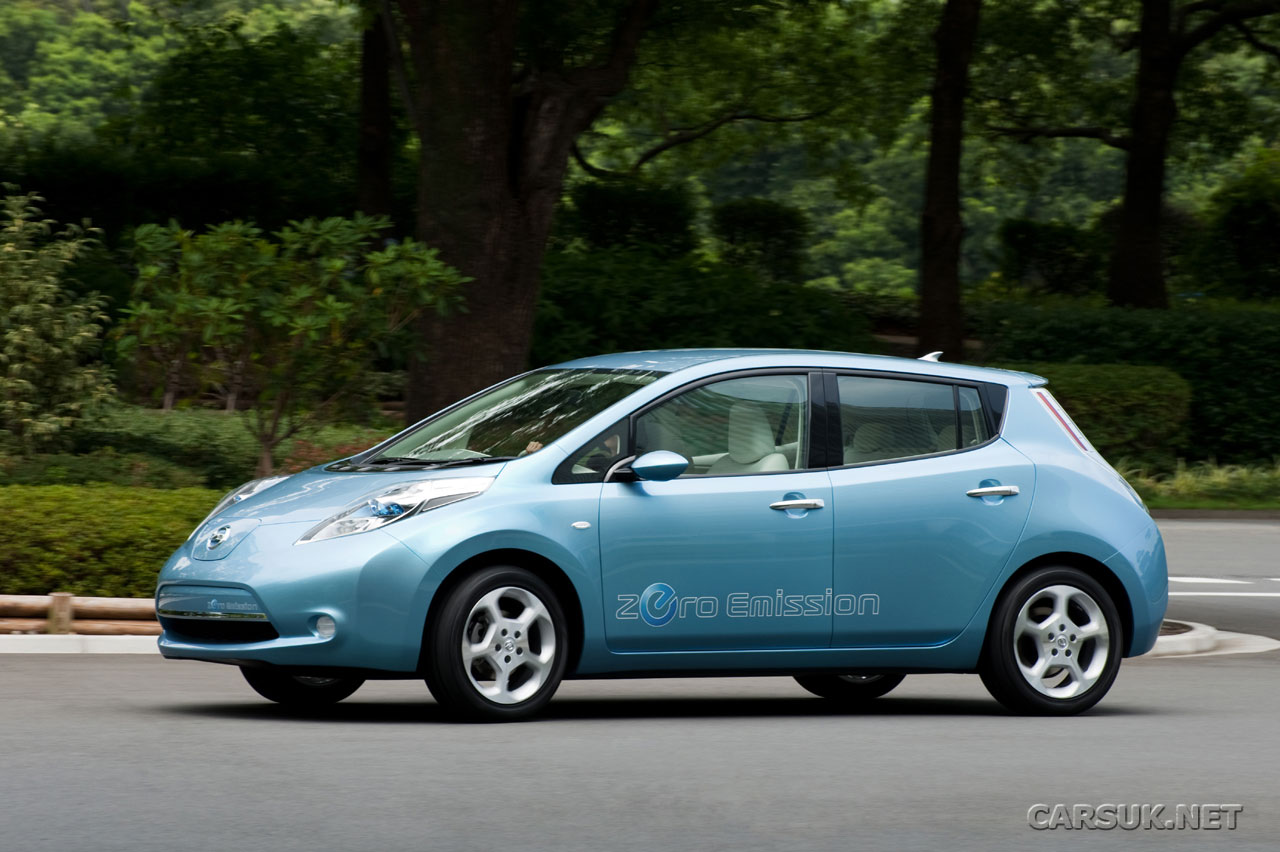
The 2010 Chevy Volt
It will not be long (less than one year) until US car buyers will have viable alternate energy options in showrooms. Chevrolet's Volt, Nissan's Leaf and BYD's (Build Your Dreams) e6 will all appear in November, or thereabouts. The e6 and Leaf are both all electric while the Volt is a plug-in hybrid electric with a gasoline generator to extend its range.
Some advocates claim the Volt is the best solution since the car eliminates range anxiety because it can still use gasoline, which we find on every street corner. The Volt can then be the family's primary vehicle and driven cross-country, if necessary. The Volt will have an all-electric range of 40 miles which analysts contend meets the daily driving needs of 60 to 70 percent of American commuters. If GM had chosen an all-electric range of 60 to 80 miles, then that percentage would have been closer to 95. The cost of Lithium ion battery packs obviously was a factor in GM's range consideration. If they had chosen NiMH batteries instead, then the range could have been increased easily, since the Volt will only be able to access half of the 16 kWh Li ion pack.
Carlos Ghosn, Nissan's CEO, is a huge advocate of the electric vehicle and has eschewed other hybrid technologies, favoring the all-electric drive train. The Nissan Leaf makes its debut later this year and boasts a 100 mile range. Critics claim this range is too small and that buyers will not be able to overcome the range anxiety associated with this car. We feel the Leaf is going to make a great commuter car, especially if there is an option for the owner to charge it up while at work. What the Leaf will not be able to do is make long journeys without making lengthy stops in order to recharge. Does this make the Leaf a family's second car, used for commuting to work and weekend errands? Would you consider purchasing the Leaf?
Finally, we have the BYD e6 that comes to us from China. This is a sporty looking crossover style vehicle with a 200 mile range and a top speed of 86 or so miles per hour. The car will seat five and batteries are included. It is unclear yet how the Leaf will handle battery purchase, but they are leaning towards a lease, meaning that the owner will never be rid of payments. BYD is a company whose parent is a battery manufacturer, thus paving the way for a lower cost battery pack. The e6 meets the commuting needs of nearly every American and with a 200 mile range the car can be a family's primary vehicle. The e6 could even be used for vacations, as long you properly plan for recharging stops. One of the bigger questions remaining for the Chinese offering is whether the quality will measure up to US standards.
Here are speculative prices for the three alternate energy cars:
Chevy Volt - $40,000 with the $7,500 Federal Tax discount = $32,500
Nissan Leaf - $28,000 to $30,000 - $7,500 = $20,500 to $22,000
BYD e6 - $30,000 - $7,500 = $22,500
Bear in mind that the Leaf pricing does NOT include the battery lease, which we hear is going to run $150 per month.
The BYD e6 is the clear winner as far as performance and pricing are concerned but will most consumers even consider the all electric car? How many customers are going to pony up the additional 10 grand to buy a Chevy Volt? Finally, which of the three would you purchase?
BYD e6:

Nissan Leaf:




No comments:
Post a Comment